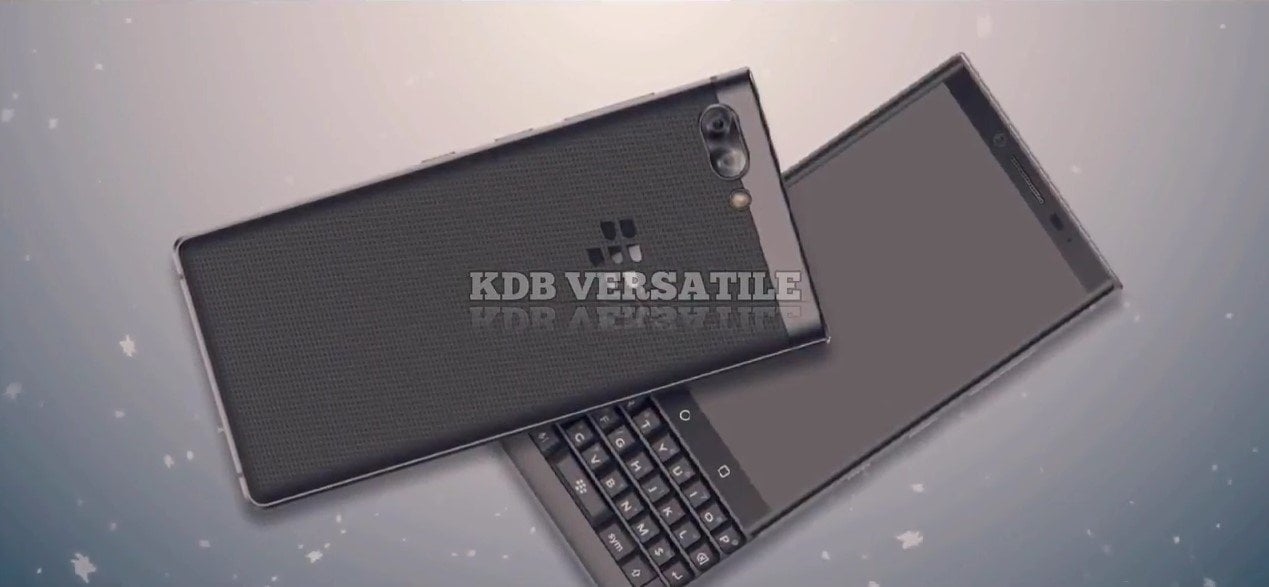The BlackBerry Key2 is the latest BlackBerry-branded device to be launched by TCL, an has now received certification by the US FCC.
In addition to the FCC certification, the BlackBerry Key2 has also been certified by TENAA, WFA, and Bluetooth SIG. This means that the development of the phone is basically complete and we should see the full launch of the smartphone as planned.
While release dates given by companies are generally reliable to go by, the phones can’t be shipped worldwide unless the receive the certifications mentioned above. Now that the BlackBerry Key2 has passed the testing by the FCC and other analogous organizations, it should have the green light to release as planned in the coming weeks.
As far as the handset’s specifications go, the TENAA listing gives us some basic details – but we’ll likely have to wait until the actual launch to get a full lineup of what we can expect from the upcoming phone.
It’s safe to say that we’ll see a dual camera setup on the back of the phone and a Type-C port. Also worth noting is the inclusion of a 3.5mm headphone jack – a welcome inclusion as many manufacturers take steps to remove the feature in hopes of making a device with a slimmer profile. While a slimmer phone is certainly desirable, Bluetooth headphones aren’t always the most convenient option.
The BlackBerry Key2 should comfortably be a mid-range phone, and is expected to include a Snapdragon 660 SoC. While this isn’t the top-of-the-line processor from Qualcomm, it is more than capable for the majority of tasks – especially considering the 6BG of RAM that will accompany it.
The device will run Android 8.0 Oreo, which is welcome news as many devices are lagging behind the modern android operating system. As far as further details of the device go, we should see more information released over the next two weeks as we get closer and closer to that June 7th launch date.
While the BlackBerry was the go-to phone for many business users before modern smartphones became ubiquitous, the phones have struggled to maintain the market dominance that they once had as phones get more and more advanced. Their efforts to remain relevant were further hindered by the refusal to move over to the Android operating system – instead deciding to continue with their own proprietary BlackBerryOS.
While BlackBerry’s operating system was certainly capable of getting the job done, it lacked the numerous apps that made smartphones so convenient – severely limiting the market that would purchase a BlackBerry device. For the past few generations, however, the company has embraced Android and the BlackBerry Key2 is no exception.
Despite the BlackBerry phones being capable mid-range devices, they have failed to catch on in the way that TCL would like. While there’s certainly a market for their devices, the main draw of a BlackBerry in previous years was the physical keyboard – an option which has since been nixed in many of their phones. Without something significant to set themselves apart from the crowd, it may be difficult for the company to stand out among a sea of mid-range devices.
With that said, there’s still a good possibility that the BlackBerry Key2 will be a successful launch. As the TCL works diligently to establish their phones as a staple in the market once again, we may find that there’s room for more than Samsung and Apple among the smartphone greats.
It remains to be seen just how capable the BlackBerry Key2 is, but if it can offer high performance at an affordable price it may be able to carve out a niche for itself in the market. While this phone will in no way compete with high-end offerings from other companies, there’s a significant portion of the market that wants a capable phone that won’t break the bank – a demographic BlackBerry has been trying to focus on.
When we get to June 7th, we’ll have the full details on the phone. Until then, we’ll have to be content with rumors as well as the fact that the phone has successfully passed FCC testing.





